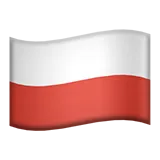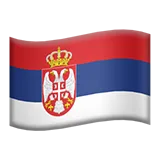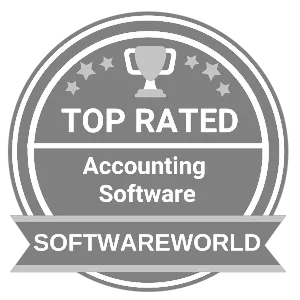What’s the difference between an analyst and a researcher? We talked with Pauline Bynova, CMO at JetStyle:
“Imagine you need to track several product metrics in real time. If you address an analyst with this task, they will break all the figures down in a branded spreadsheet. A more thorough analyst will ask a thousand follow-up questions about the task, e.g. “Why do you choose these metrics?”, “What decisions will you make based on the data?”, etc. Also, a detailed approach to analytics suggests you set up the common terms and the system of KPI.
A researcher in product companies will do the same and much more. The researcher questions the very approach to gathering data, changes the research methods, and adds new tests to the process. They will relentlessly dig into the figures, track their dynamics, and look for possible mistakes, anomalies, and trends.
Good researchers are your most annoying team members. They can slow down the product development process, but their insights can change your perception of the product.”
Research is the most time-consuming process out of the scope of product development tasks. However, if you develop your product hypotheses based on expert ideas only, you’ll increase your risks significantly. In our next posts, we will highlight this idea and suggest ideas for quick and cost-efficient research practices.







